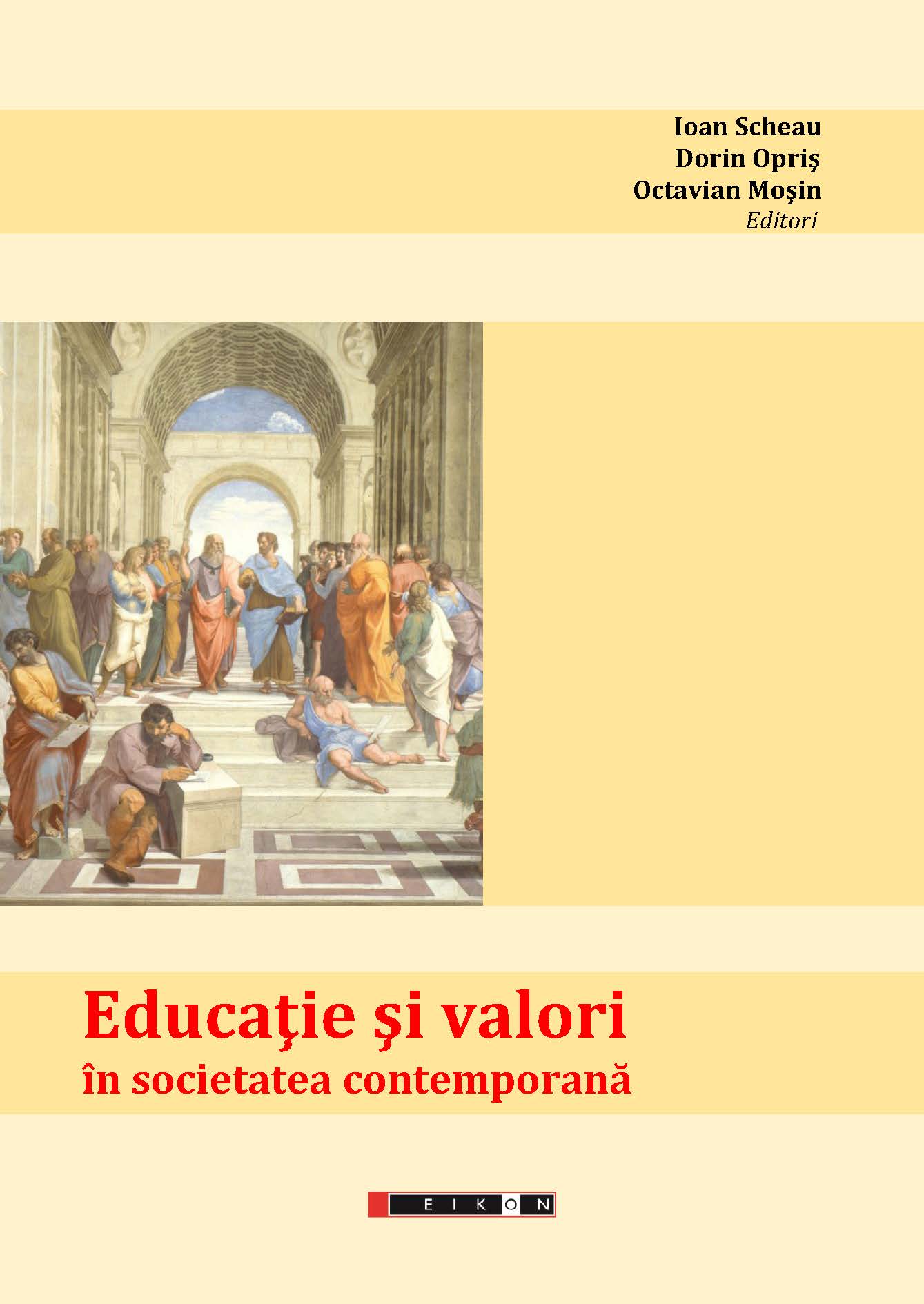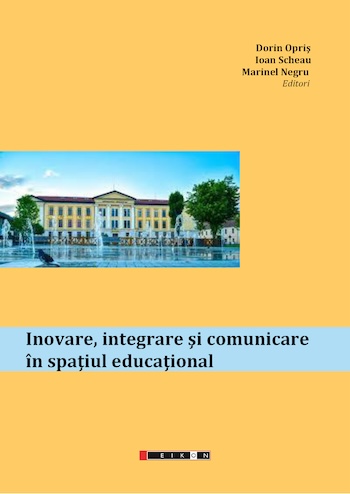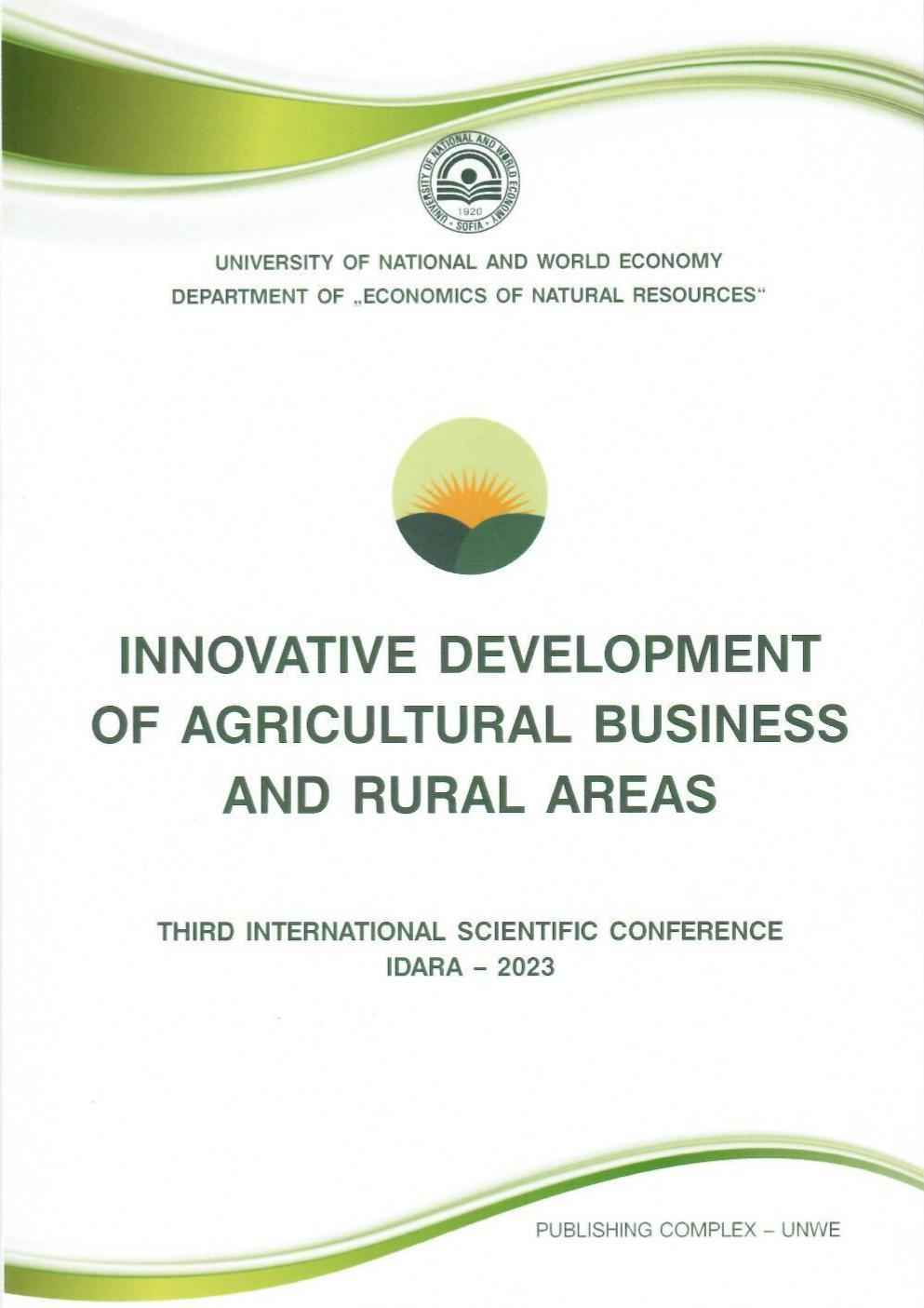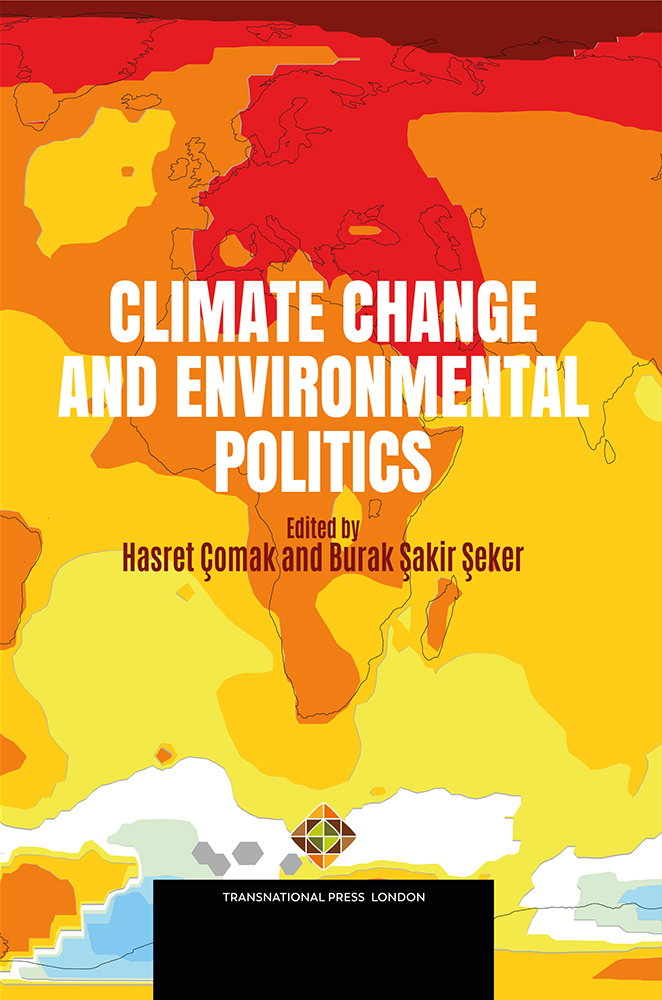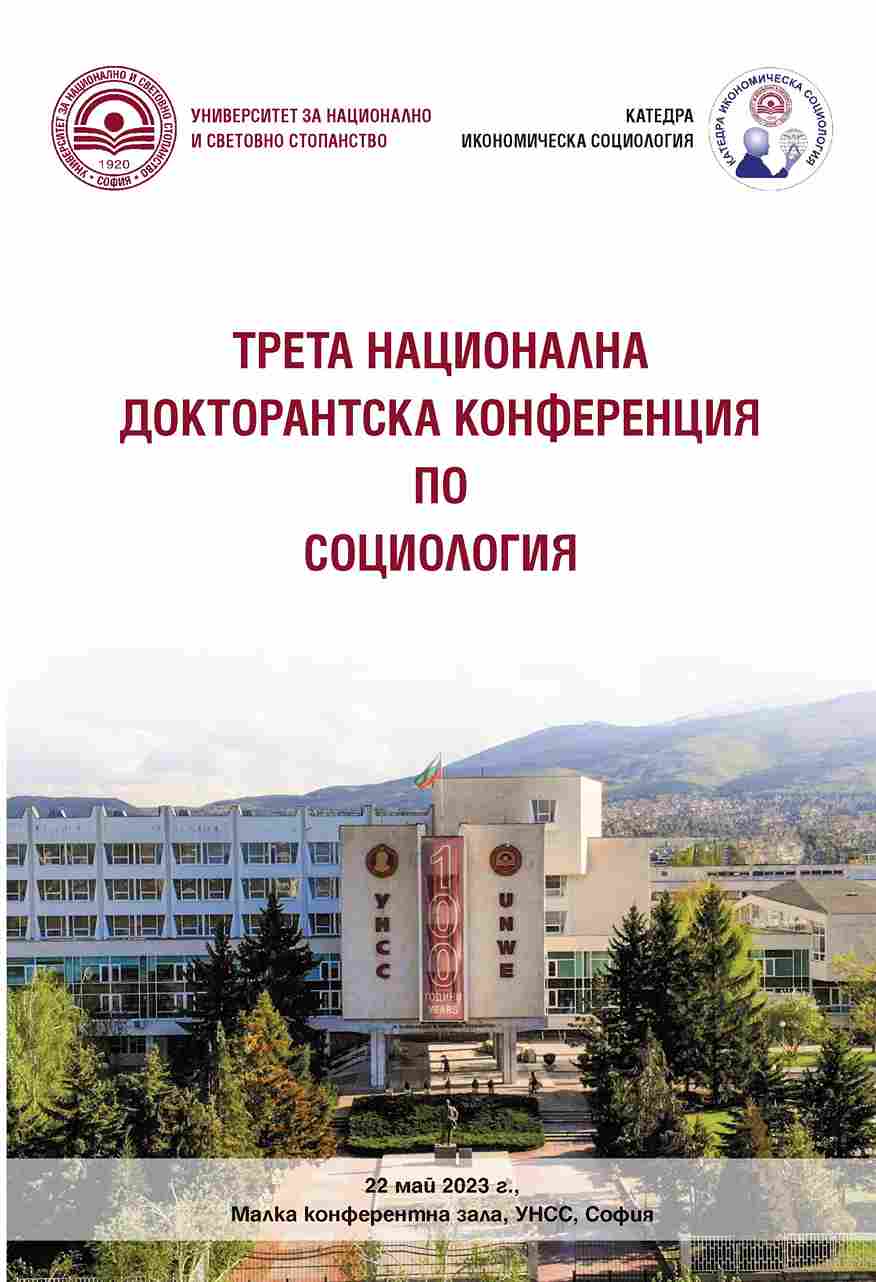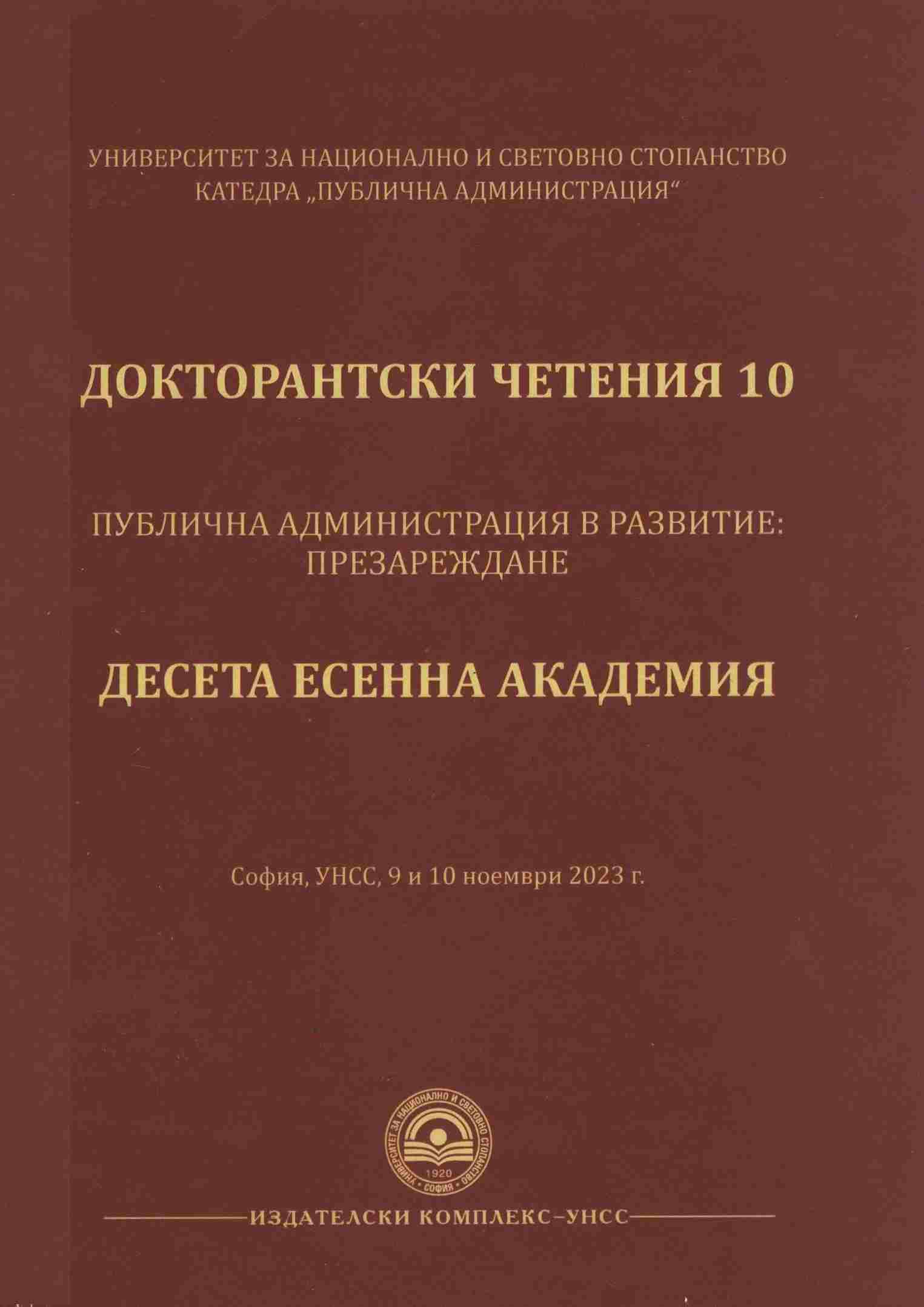Author(s): Todorka Atanassova,Ivanka Stoycheva / Language(s): English
Publication Year: 0
In Bulgaria, the emergence of modern cooperatives as a social business model dates back to the end of the 19th century. Cooperatives develop over time a variety of specific models based on theirdifferent subject of activity. Given the wide scope of the researched topic, we limit the purpose of the scientific development to the study of the spread of cooperatives in the economic life of Bulgaria, analyzing their characteristics manifested in the current century, looking for a connection with the period of their emergence, in order to explain certain trends in their development. The methodological approach used is based on statistical groupings of a large array of official data on cooperatives registered in the Commercial Register of Bulgaria from 2005 to the current year. Selected indicators reflecting in the development of cooperatives by planning areas, economic sectors, annual revenues, etc. are established. Through the historical analysis, individual moments of the birth of the first Bulgarian cooperatives are revealed. Results: In Bulgaria, cooperatives were first born in the villages to meet the needs of the local population, and then cooperatives appeared in the cities. This process in our country is the opposite of other countries in Europe with a more developed market economy.; Due to the agrarian direction of development of the Bulgarian economy at the end of the 19th century, the first type of cooperatives built were agricultural credit cooperatives in the villages. Years after them, at the beginning of the 20th century, consumer cooperatives appeared, followed by the popular urban banks, as well as some professional cooperatives/associations.; In Bulgaria, the cooperative as a legal organizational form is widespread in almost all economic sectors of the national economy. Its role is dominant, however, in two sectors: A. „Agriculture, forestry and fisheries“ and G. „Trade, repair of cars and motorcycles“; The activity of the Bulgarian cooperatives is low-profit; In regional terms, the largest number of functioning cooperatives is in the South Central region, with a dominant location in the Plovdiv and Haskovo areas for almost all economic sectors, followed by the Southeast region, where the Stara Zagora area has a leading position. In the conditions of modern challenges and heterogeneous problems, the study of cooperatives in Bulgaria must continue and be upgraded in order to find answers to many questions related to their past and future development. Finding an answer to the problematic aspects in their development is important not only to enrich the theory, but also above all to support the cooperative practice in our country.
More...
